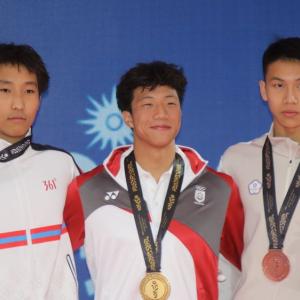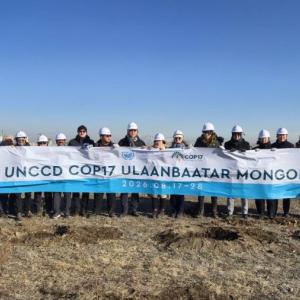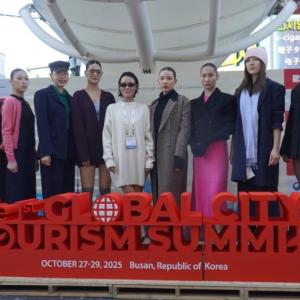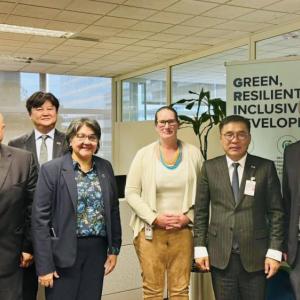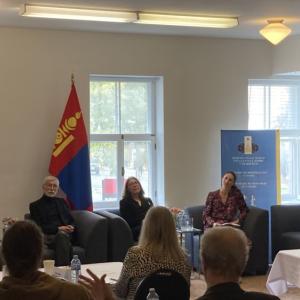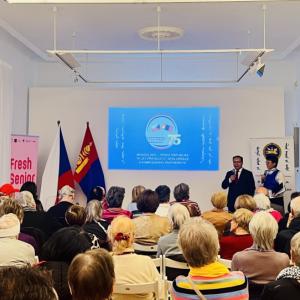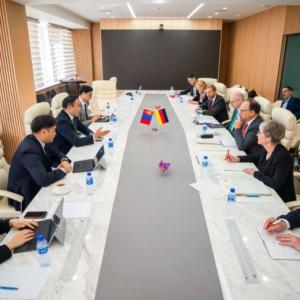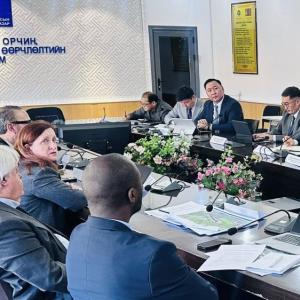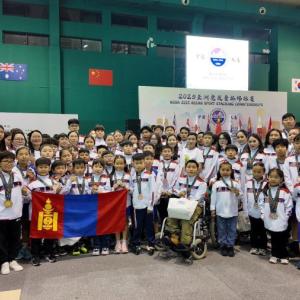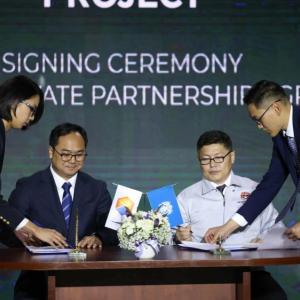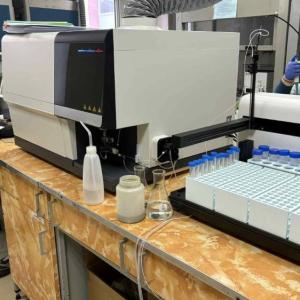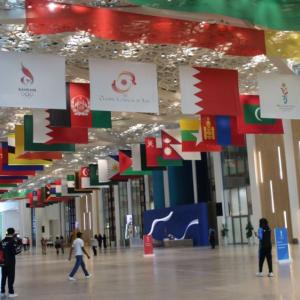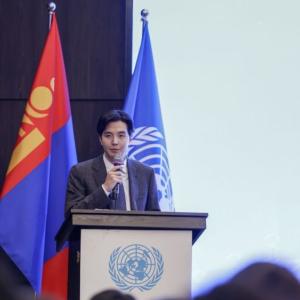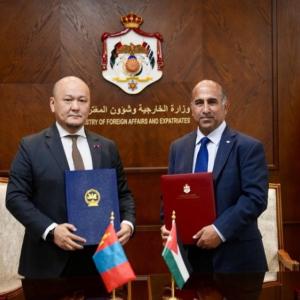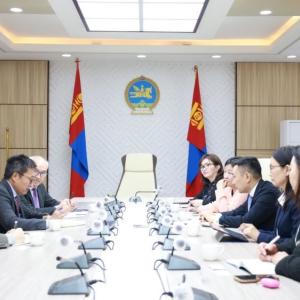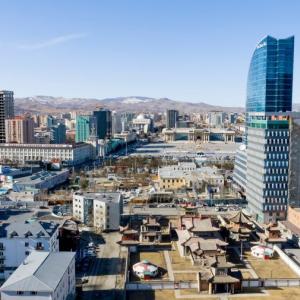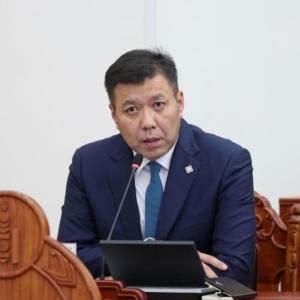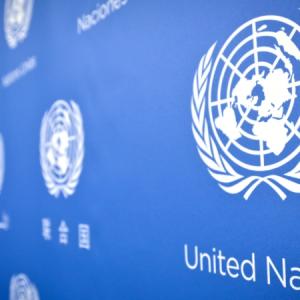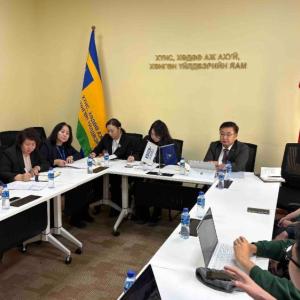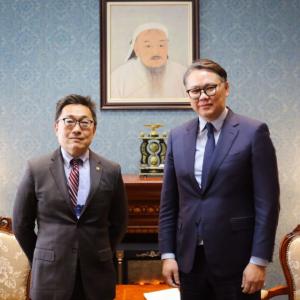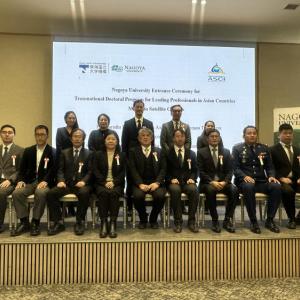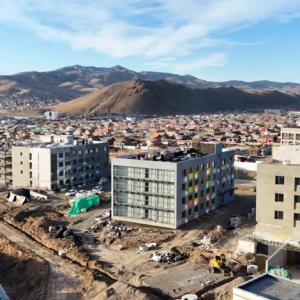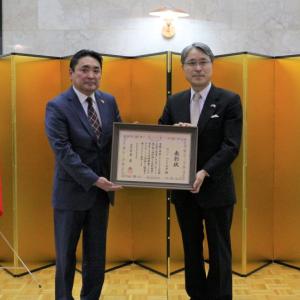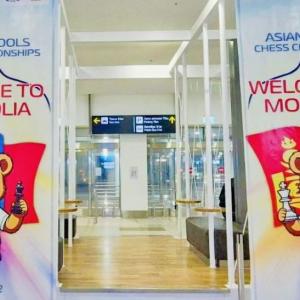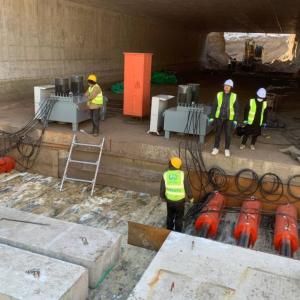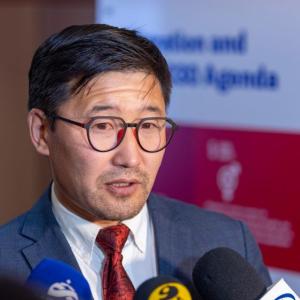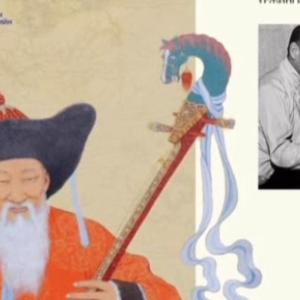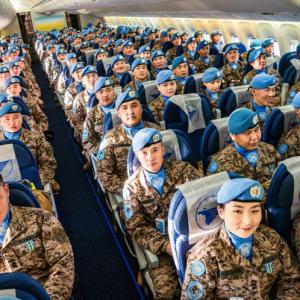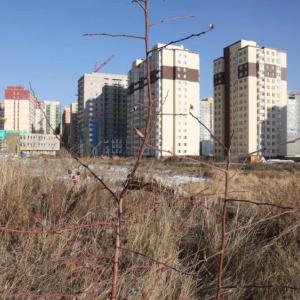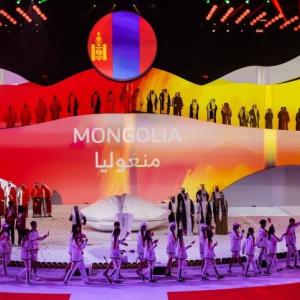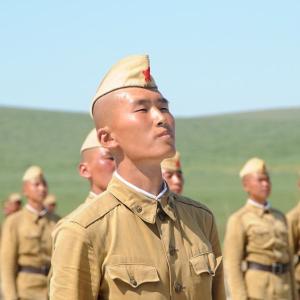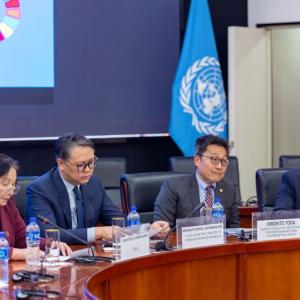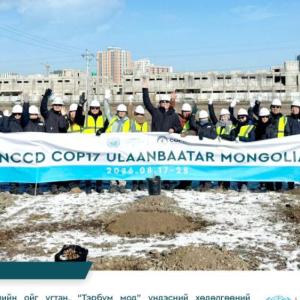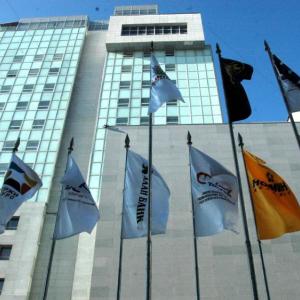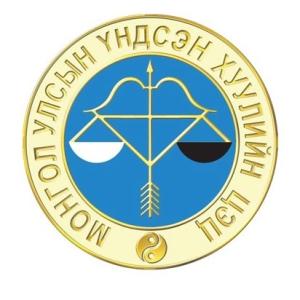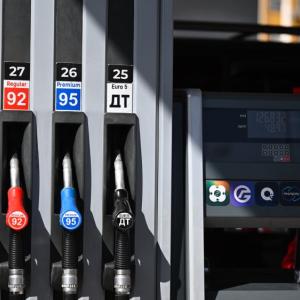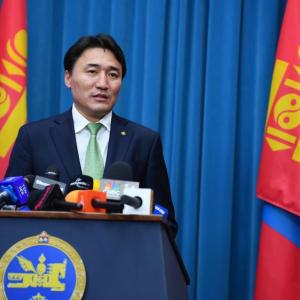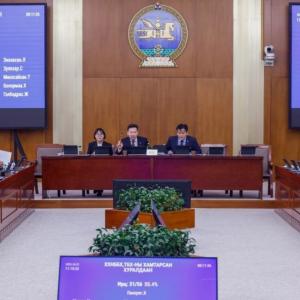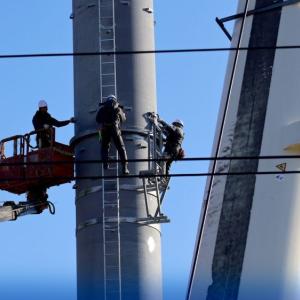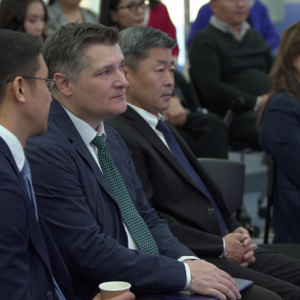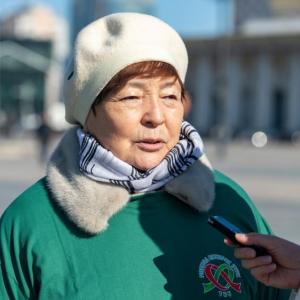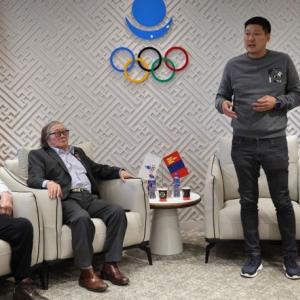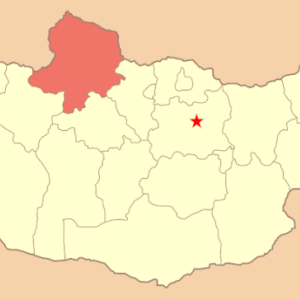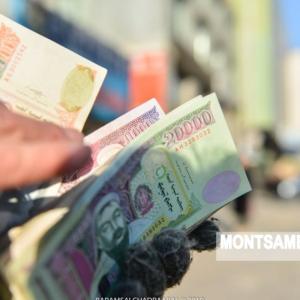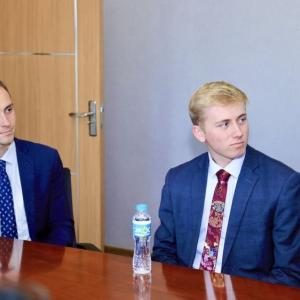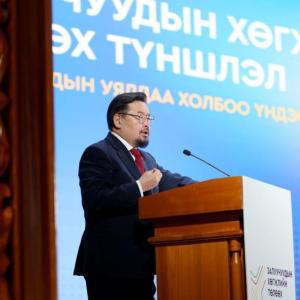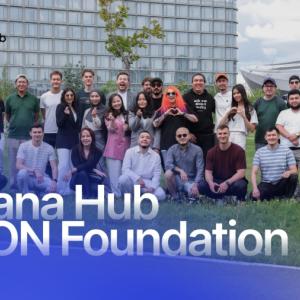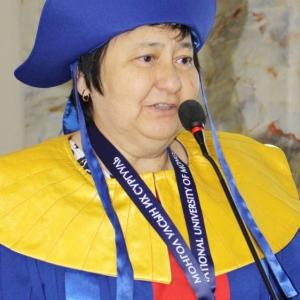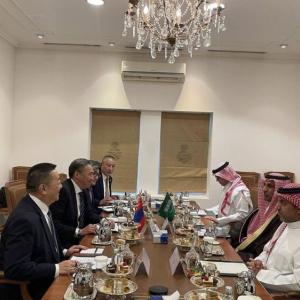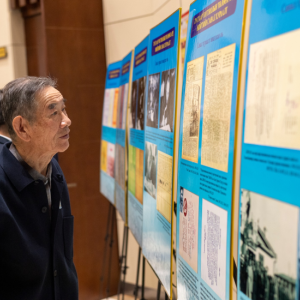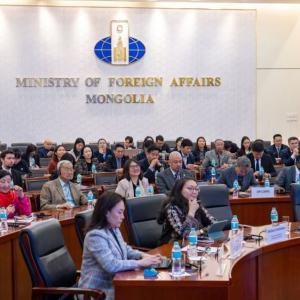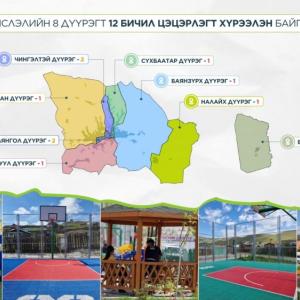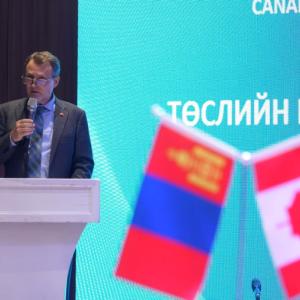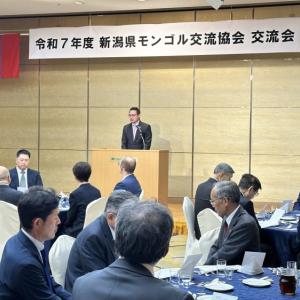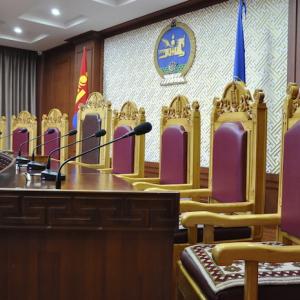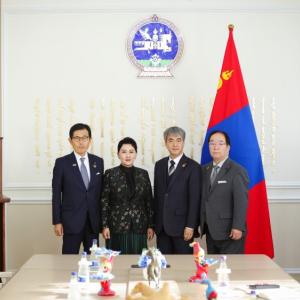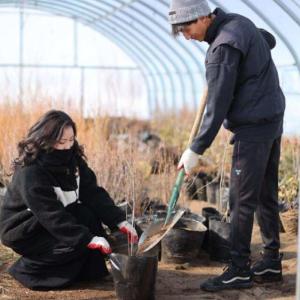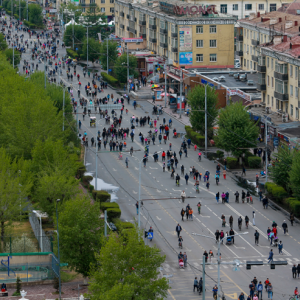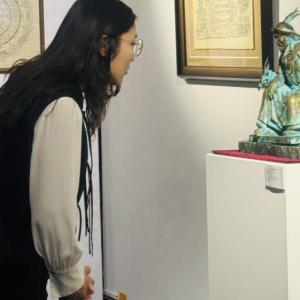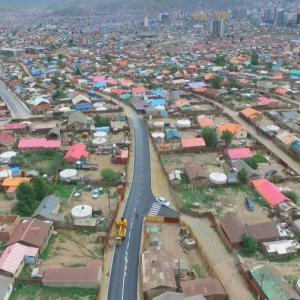Written interview of S.Korean President Park Geun Hye by MONTSAME
PoliticsWhat outcome do you expect from the 11th Asia-Europe Meeting (ASEM) Summit? What message would you like to deliver to the leaders from Asia and Europe?
I believe this year’s ASEM Summit in Ulaanbaatar is especially meaningful because it takes place on the occasion of the 20thanniversary of ASEM.
I expect the Summit will conduct in-depth discussions to review what has been achieved thus far, elicit cooperation from Asia and Europe, and seek out a direction for ASEM to take for global peace and prosperity.
The ASEM Summit will again bring together the heads of state and government of Asian and European countries after two years. They will engage in earnest discussions on the current state of the global economy, which faces daunting challenges such as “Brexit” and low growth, and on immediate security issues, including extreme terrorism and North Korean nuclear development. It will serve as an opportunity for us to build a consensus on the need for solidarity and cooperation between Asia and Europe.
Under such worrisome situation of the recent global trend of rising trade protectionism and neo-isolationism, I will highlight the fact that the expansion of free trade will be a shortcut to achieving a global economic recovery and sustainable growth. I hope to make progress on related discussions at ASEM.
At the same time, I am planning on stressing the importance of cooperation among ASEM member states in addressing the North Korean nuclear issue that remains the biggest stumbling block on the path toward greater connectivity and the realization of the potential for cooperation between Asia and Europe.
What contributions has Korea made to ASEM over the past 20 years and what role will it play in its future development?
ANSWER: As a founding member of ASEM, Korea has actively participated in discussions and cooperative projects for regional peace and prosperity. In 2000, Korea successfully hosted the Third ASEM Summit in Seoul under the theme “Partnership for Prosperity and Stability in the New Millennium.” Since then, Korea has led discussions on how to promote substantive cooperation between Asia and Europe by hosting ministerial meetings in such fields as finance, culture, and education.
In addition, over the past 16 years, Korea has steadily carried out a project to build a Trans-Eurasia Information Network (TEIN) and supported the ASEM-DUO Fellowship Program to enhance Asia-Europe connectivity. Thanks to these projects, more than 50 million people are now benefiting from the information network, and more than 3,000 students and university faculty members have participated in the exchange programs.
Korea will continue to make efforts for balanced progress in the three major pillars of cooperation, namely, political, economic and socio-cultural affairs, to further elevate the standing of ASEM as a consultative forum pursuing substantive cooperation between Asia and Europe.
Through its national strategy, the Eurasia Initiative, Korea will continue to explore ways to achieve sustainable prosperity and peace on the Eurasian continent. At the same time, Korea will also continue to push for cooperative projects in all sectors to promote Asia-Europe connectivity, and produce tangible outcomes that can be readily perceived by the peoples of ASEM member states.
This year marks the 26th anniversary of the establishment of diplomatic relations between the Republic of Korea and Mongolia. How would you evaluate the present and future of the bilateral relations?
Since the establishment of diplomatic ties in 1990, our two countries have made rapid and significant progress in bilateral relations within a relatively short period of time.
In fact, exchanges between the two countries date back a very long time, and the similarities in ethnicity, language and traditions have helped foster a strong friendship between the peoples of our two nations.
Trade increased more than a hundred times following the establishment of diplomatic relations that, as of 2015, Korea stood as Mongolia's fourth largest trading partner and seventh biggest foreign investor.
In addition, about 30,000 Mongolians, or about one percent of the total population of Mongolia, are currently living in Korea. Among them, about 5,000 students constitute an invaluable asset for the future of our bilateral relations.
I believe relations between our two nations have enormous development potential. If we continue to strive to enhance cooperation in the economy and various areas on the basis of the comprehensive partnership between the two countries while diversifying substantive cooperation and invigorating collaboration in the private sector, the future of our bilateral relations would become even brighter.
In May this year, President Tsakhiagiin Elbegdorj made a visit to Korea. The visit has helped deepen and further develop the comprehensive partnership between the two nations and served as an opportunity for the two leaders to share their ideas on pending issues in bilateral ties. During your visit to Mongolia, on which issues will your discussions be focused?
It is very meaningful for me to make an official visit to Mongolia following President Elbegdorj's visit to Korea in May.
During the bilateral summit in Seoul, we agreed to further expand the horizon of bilateral cooperation from mainly in the traditional areas of resources and infrastructure to also include such areas as information technology (IT), energy and the environment. We also agreed to enhance people-to-people exchanges that serve as the foundation for progress in bilateral relations as well as to further strengthen cultural exchanges.
This time, we will first review the outcome of the (last) meeting in May and engage in discussions on the diversification of cooperation into the nurturing of new businesses in the energy industry as well as healthcare and medical services. We will also exchange ideas on how to push ahead with mutually beneficial cooperative projects in energy and infrastructure construction in Mongolia.
In addition, we will discuss ways to reinforce the comprehensive partnership between our two nations, particularly in the fields of development cooperation as well as people-to-people and cultural exchanges.
We will also discuss ways to further strengthen bilateral cooperation for the promotion of peace and stability on the Korean Peninsula as well as in Northeast Asia and beyond.
Since diplomatic relations were established, bilateral trade and investment have continued to expand to currently reach US$370 million, nearly 100 times the initial amount. Now Korea has become the fourth largest trading partner for Mongolia. To strengthen bilateral economic cooperation in the days to come, how do you think Korea and Mongolia should collaborate with each other?
Mongolia is one of the top 10 nations in the world in terms of natural resources, and Korea is a manufacturing powerhouse with advanced technologies.
In addition to the complementary economic structure, the two countries are culturally close to each other, meaning there is a huge potential for greater economic cooperation. Mongolia can develop its manufacturing sector in cooperation with Korea, while Korea can secure a stable supply of natural resources, which the country lacks. In particular, there is enormous potential for cooperation in infrastructure for the energy industry. Taking this opportunity of my visit, I hope to reach agreements on specific cooperation projects in the areas of energy infrastructure, including power plants and grids.
There is also a need to strengthen cooperation in response to climate change. I hope to see tangible results in developing new and renewable energy sources such as solar energy and wind power, building eco-friendly energy towns and making efforts to stop desertification and prevent yellow dust.
I believe that Korea and Mongolia should play a key role in the efforts to integrate Asian and European economies in the mid- to long-term. When a logistics network that links Asia and Europe is organically connected as proposed by Korea’s Eurasia Initiative, this will greatly contribute to the prosperity of not only the two nations but also all of Eurasia. However, the Asia-Europe network is currently severed due to North Korea, and I look forward to Mongolia’s active role in addressing this issue.
What do you think can be the main driving force behind the expansion of cooperation not only in bilateral relations but also on the regional and international stages?
Korea and Mongolia now pursue the common goal of maintaining peace and stability in Northeast Asia and share a strong determination to contribute to peace and security in the region and the world.
With regard to the problem of North Korea and its nuclear development, which is currently the major regional security issue, our two nations maintain the same position that calls for the denuclearization of North Korea and supports the peaceful unification of the Korean Peninsula.
The Korean Government is promoting the Northeast Asia Peace and Cooperation Initiative (NAPCI) along with the Eurasia Initiative in order to contribute to peace, stability and common prosperity in Northeast Asia and the world. Mongolia, located in a geostrategic point that connects Northeast and Central Asia, has also been making efforts to promote regional dialogue and cooperation through the Ulaanbaatar Dialogue.
I hope that our two nations will be able to contribute to the establishment of regional trust and the promotion of peace and stability in the region by implementing the initiatives pursued by the two Governments in a complementary manner.
Many projects that have already been adopted in Korea are currently being pushed for introduction in Mongolia. Lately, the U-Money Card service has been introduced in the country. Will you please talk about the possibility of introducing Korea’s cutting-edge technologies in other sectors?
The Korean-developed bus transportation card system that is now in service for the citizens of Ulaanbaatar is a good example of intelligent transportation systems (ITS) that combine information technology with public transportation. As such, the combination of IT and science and technology with energy, healthcare and government administration systems will make life more convenient and also create new markets and jobs.
Especially when considering the natural environment of Mongolia, the introduction in Mongolia of the eco-friendly energy town project, which the Korean Government is now actively implementing, is expected to achieve great success. The principal concept of this project is to turn livestock waste and food waste into heat and electricity for household use or to harness solar and wind energy, which is abundant in Mongolia, to generate electricity and even to sell surplus electricity on the market. I hope we can advance concrete cooperation with my visit as a catalyst.
I also believe there are further possibilities for working together in a concrete manner in such fields as IT-based telemedicine and e-government.
On the occasion of my visit, I plan to launch a cooperative project to provide Korea’s information and communications technology (ICT) devices and digital content to public schools in Mongolia to help Mongolian students enhance their capabilities to utilize ICT.
Cooperation in the healthcare sector between the two nations is on the rise, and medical professionals from Korea are opening clinics in Mongolia. What kind of progress do you think could be made in this sector in the days to come?
Since the conclusion of the 2011 Arrangement on Health Cooperation, there has been a steady expansion of cooperation in the healthcare sector in areas such as assistance for the training of Mongolian medical professionals, treatment of patients from Mongolia as well as the opening of medical institutions in Mongolia.
On the occasion of my visit, a series of arrangements for cooperation in various areas will be signed, including telemedicine, health insurance and pharmaceuticals, between the health ministries of the two nations and between other related organizations. I expect that they will serve as the groundwork for further diversifying cooperation in healthcare.
Telemedicine greatly helps increase access to medical services, particularly in a vast country like Mongolia. In this connection, I hope Mongolia will be able to make best use of Korea's experiences accumulated through its pilot telemedicine projects, thereby producing tangible outcomes in cooperation between our two nations.
Both Korea and Mongolia underscore the importance of maintaining peace and security on the Korean Peninsula and are in agreement on the denuclearization of the Peninsula. What kind of efforts will Korea make to contribute to the promotion of peace in the region?
The gravest threat to the regional peace and stability is the North Korean nuclear issue. The North conducted its fourth nuclear test and long-range missiles launches from the beginning of this year. Since then, it has repeatedly staged over 20 provocations. Even at this very moment, it remains in flagrant defiance of the UN Security Council resolutions, which carry the international community's will for denuclearization.
This runs counter to both the spirit embodied in Mongolia's declaration as a “Nuclear Weapons Free Zone” and my conviction that the vision for a nuclear-free world must begin with the Korean Peninsula.
For genuine peace and prosperity on the Korean Peninsula and in Northeast Asia, the international community must make concerted efforts to bring about denuclearization and proper change in the North. The Korean Government is closely cooperating with the international community, including Mongolia, to create an environment in which the North has no other option but to stop provocations and choose the path of denuclearization.
By doing that, the Korean Government intends to end the vicious cycle of a provocation leading to dialogue followed by another provocation and build the foundation for the peaceful unification of the Korean Peninsula. I believe that the peaceful unification of the Korean Peninsula will greatly contribute to achieving peace and prosperity on the Peninsula and in Northeast Asia and the world. I believe this also corresponds to Mongolia’s efforts to pursue peace and stability in Northeast Asia.
The cultural similarity and sense of emotional affinity between the two nations can be seen as the basis for the continuous development of friendly bilateral relations. What kinds of bilateral cultural exchanges and cooperation are being pursued in order to substantially further strengthen the relations?
Cultural exchanges and cooperation in many different fields are actively underway, including the spread of hallyu, or the Korean Wave, in Mongolia. It is all the more meaningful because mutual exchanges are taking place based on natural empathy between our two peoples.
For example, on the occasion of my visit, the Korean Government plans to open a Korea Corner to introduce Korean culture and history to Mongolians. This is the result of active cooperation rendered by the Mongolian Youth Federation coupled with the Mongolian people’s keen interest in Korea.
Thanks to the active contributions by local governments in Korea, the ‘Mongol Cultural Village’ and the ‘Mongol Town’ opened in Namyangju, Gyeonggi-do Province, and in central Seoul respectively, providing Koreans with an opportunity to experience Mongolian culture.
In the days to come, the Korean Government will make various efforts to improve the understanding of Mongolian culture in Korea and steadily promote bilateral cooperation in culture-related fields. As part of such efforts, we are preparing for the signing during my visit of an MOU on exchanges and cooperation in cultural assets and the culture creation industry, which I hope will lead to meaningful fruition.
 Ulaanbaatar
Ulaanbaatar





